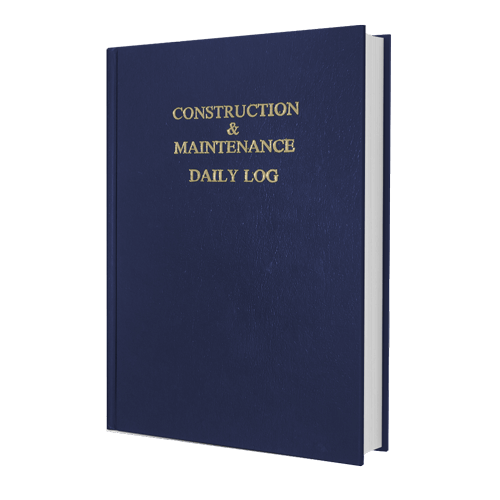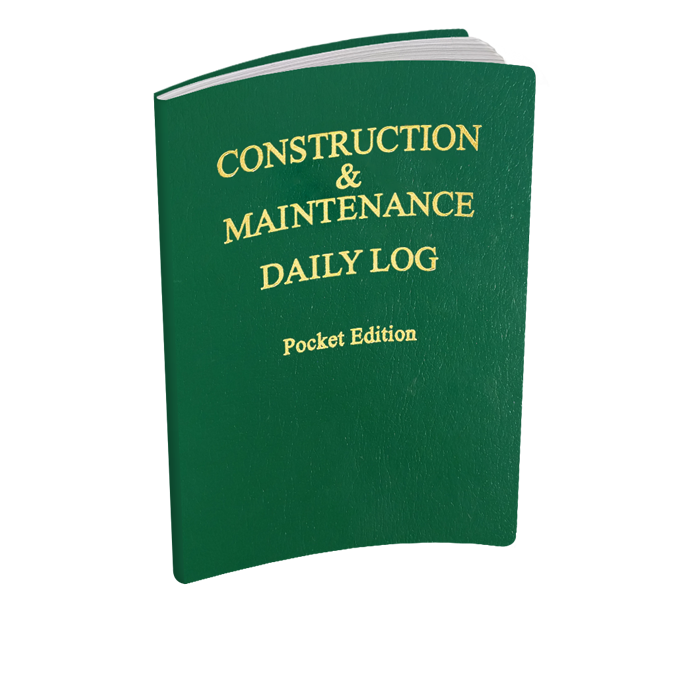Baghdad, Iraq - The news of Saddam Hussein's capture by U.S. military forces spread through Baghdad quickly on Sunday Dec. 14. Celebratory gunfire rang out across the capital city, people played festive music and drivers honked their horns. But the capture of the former dictator does not spell the end of the violent insurgency rocking the country, safety for U.S. and foreign contractors working to rebuild war-damaged Iraq, or greater local support for the U.S.-led coalition.
 |
| Saddam Hussein |
U.S. military forces captured Saddam at 8:30 p.m. on Saturday in a specially prepared "spider hole" in a house in Adwar, a town 10 miles from Tikrit, said Lt. Gen. Ricardo Sanchez, the top U.S. military commander in Iraq. During the press conference, Sanchez explains that the hole was six to eight ft deep, with enough space to lie down. The hideout was camouflaged with bricks and dirt and supplied with an air vent to allow long periods inside.
Saddam had been on the run since U.S. military forces toppled his regime in Baghdad last April 9. Despite the former dictator's arrest, private contractors and U.S. government officials are taking a more cautious line about the stability of Iraq and safety for foreign contractors. "It is still too early to tell whether violence against the coalition and foreign contractors will subside," says Omar Hadi, a joint managing director of ISI, a British-based company in Iraq.
|
ISI provides representation, security, and consulting services. Services range from due diligence for foreign companies wanting to work in Iraq, to services to the U.S. Army in providing vetted Iraqis to work on bases.
"Certainly, the forces that are attacking make no distinction between the coalition and contractors, as the two usually work side by side," says Hadi.
A warning issued by the U.S. consulate in Baghdad as news of Saddam Hussein's arrest spread underscores this view. "Coalition forces have reported an increase in attacks involving civilians, particularly expatriates associated with the coalition," said the U.S. consulate in Baghdad in a statement Sunday. "Coalition forces also report that elements in Iraq may be planning to kidnap westerners."
Hadi explains the forces loyal to Saddam "have had the wind taken from their sails," but cautions that other forces from the region were never fighting under the "Saddam' flag" but under al Qaeda. "It has not been just about Saddam for a long time," he says. "The former ruling class was dominated by a sect that is fast becoming the new underclass. Iraqi society has been turned on its head."
A senior official with Iraq's State Oil Marketing Organization agrees with this assessment. "Saddam was not solely behind the attacks on the pipelines," says the official, who asked to remain anonymous.
Insurgents have targeted the infrastructure to destabilize the country and prevent the U.S.-led coalition from rebuilding Iraq. To date, insurgents have conducted 83 attacks against the country's 7,000 kilometers of pipelines. "I don't think attacks on the pipelines will stop now," said the official.
Hadi also warns that the "implications, retaliations, and purges" willcontinue to destabilize Iraq until people are forced to take a more reconciliatory line. "All Iraqis have to be made to feel they are part of the rebuilding of a nation to be proud of," he says.
But some Iraqis feel left out, particularly segments of the five million Sunnis, who provided Saddam with strong support prior to the U.S.-led invasion of Iraq on March 20. In the predominately Sunni neighborhood of Adhamia, for example, young men protested against the arrest of Saddam Hussein by throwing stones at U.S. soldiers in Humvees. The crowd chanted pro-Saddam slogans.
"What was available under Saddam is not available now," says Walid al-Dori, a Sunni stationery store owner.
He explains that popular anger is being fueled by the slow pace of the reconstruction process and the lack of basic services, like electricity and gasoline. Iraqis are still waiting long hours for gasoline and electricity generation is intermittent.
The lack of basic services dampened the news of Saddam's capture. Even those that welcomed the news of Saddam's capture expressed frustration with the reconstruction process.
"I was glad to hear that Saddam was caught," say Hamid al-Kilidar. He argues that the financing of the resistance would diminish. But like many, he also says that "Americans have to do more to improve conditions in Iraq" before stability returns.


